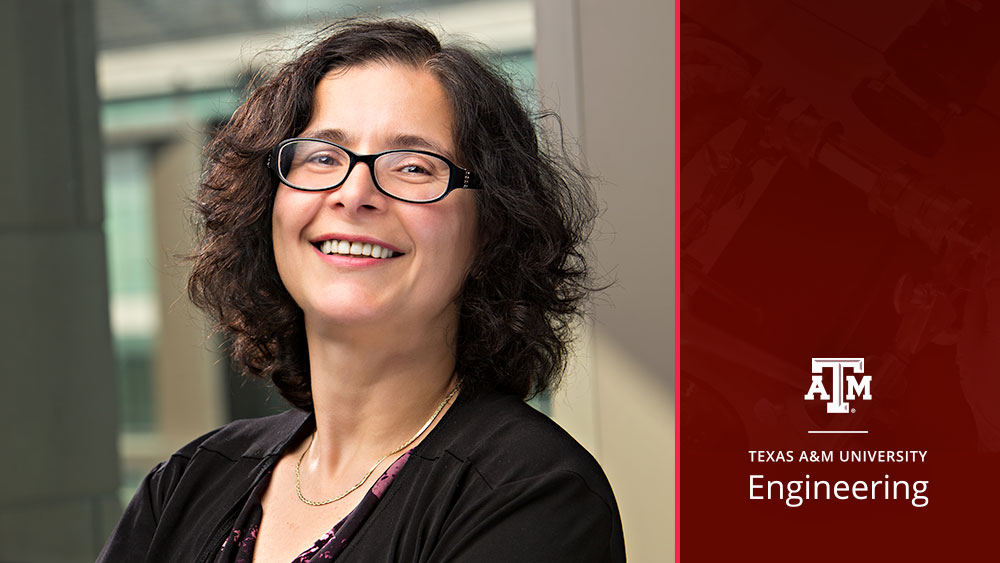
Dr. Dilma Da Silva, professor and holder of the Ford Motor Company Design Professorship II in the Department of Computer Science and Engineering at Texas A&M University, was recently named director of the National Science Foundation’s (NSF) Division of Computing and Communication Foundations (CCF) for a three-year term, effective July 11, 2022.
“I am thrilled to have this opportunity to serve the NSF while remaining a faculty member at Texas A&M,” said Da Silva. “It is such an exciting time in computing and engineering. The research and education funded by CCF have had a tremendous impact on the evolution of computing, and this is just the beginning. Computer technology is now embedded in virtually all aspects of our society, amplifying the need for foundational research and the urgency in enabling emerging technologies that advance our well-being.”
The CCF administers research and education activities that seek advances in computing and communication theory, computer and computational science algorithms, and architecture and design of hardware and software. In addition, projects supported by the CCF investigate revolutionary computing paradigms based on emerging scientific ideas and integrate research and education activities to prepare future generations of computer scientists and engineers.
As division director, Da Silva will also serve as a member of the NSF’s Directorate for Computer Information Science and Engineering leadership team. During her term, she will remain a full-time employee at Texas A&M.
Da Silva holds a doctorate and master’s degree in computer science from the Georgia Institute of Technology and the University of São Paulo, respectively. Her research interests include operating systems, distributed computing, cloud computing and high-end computing.